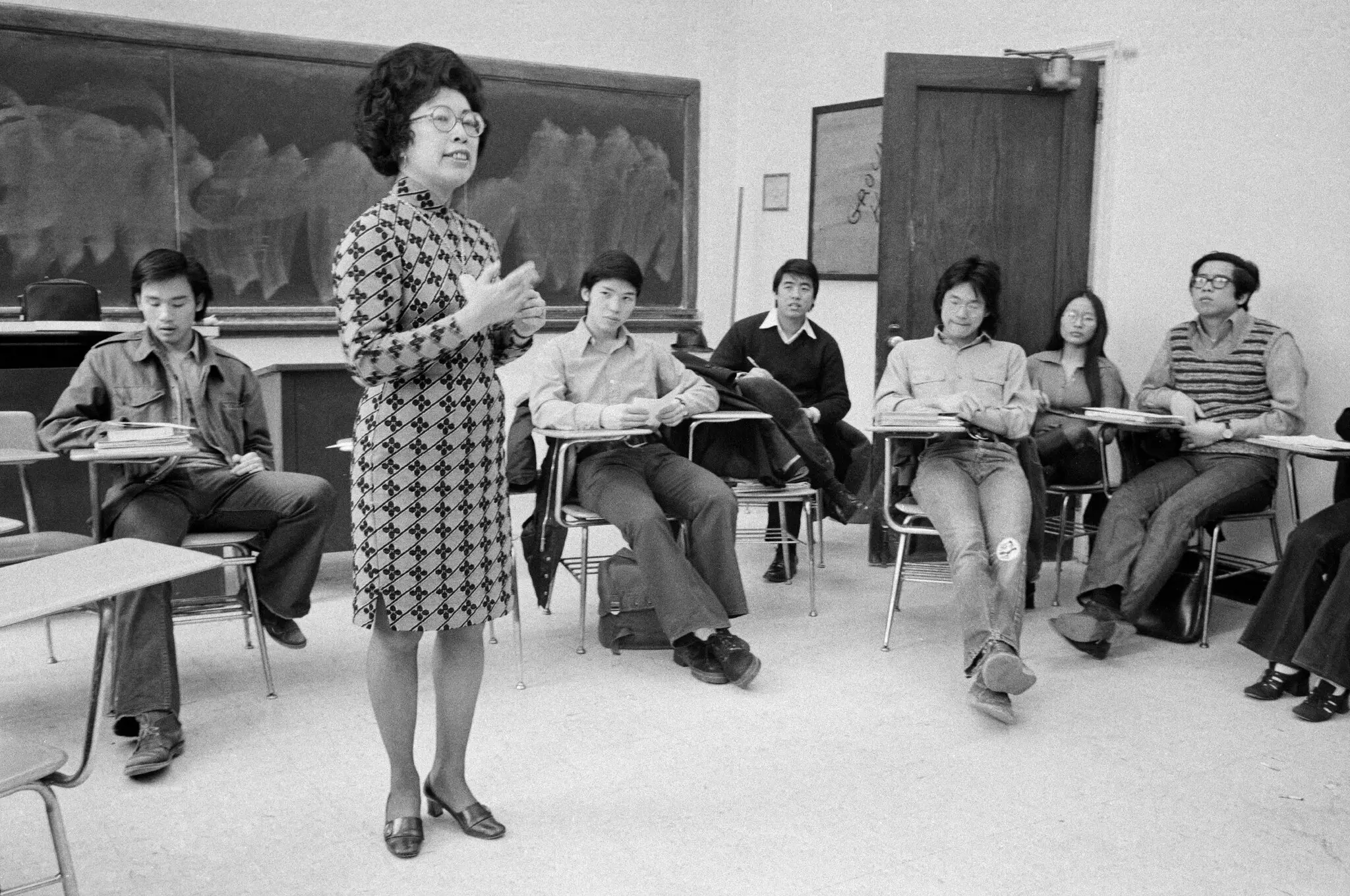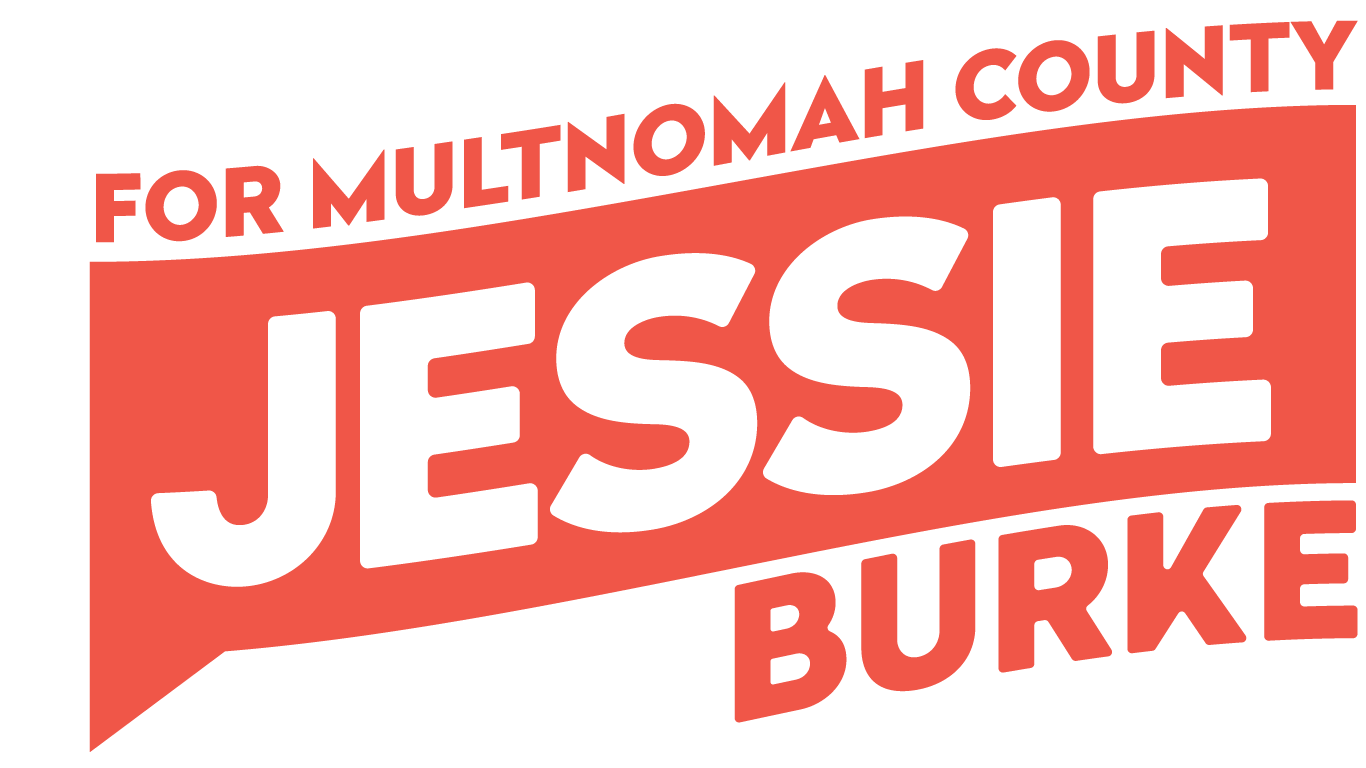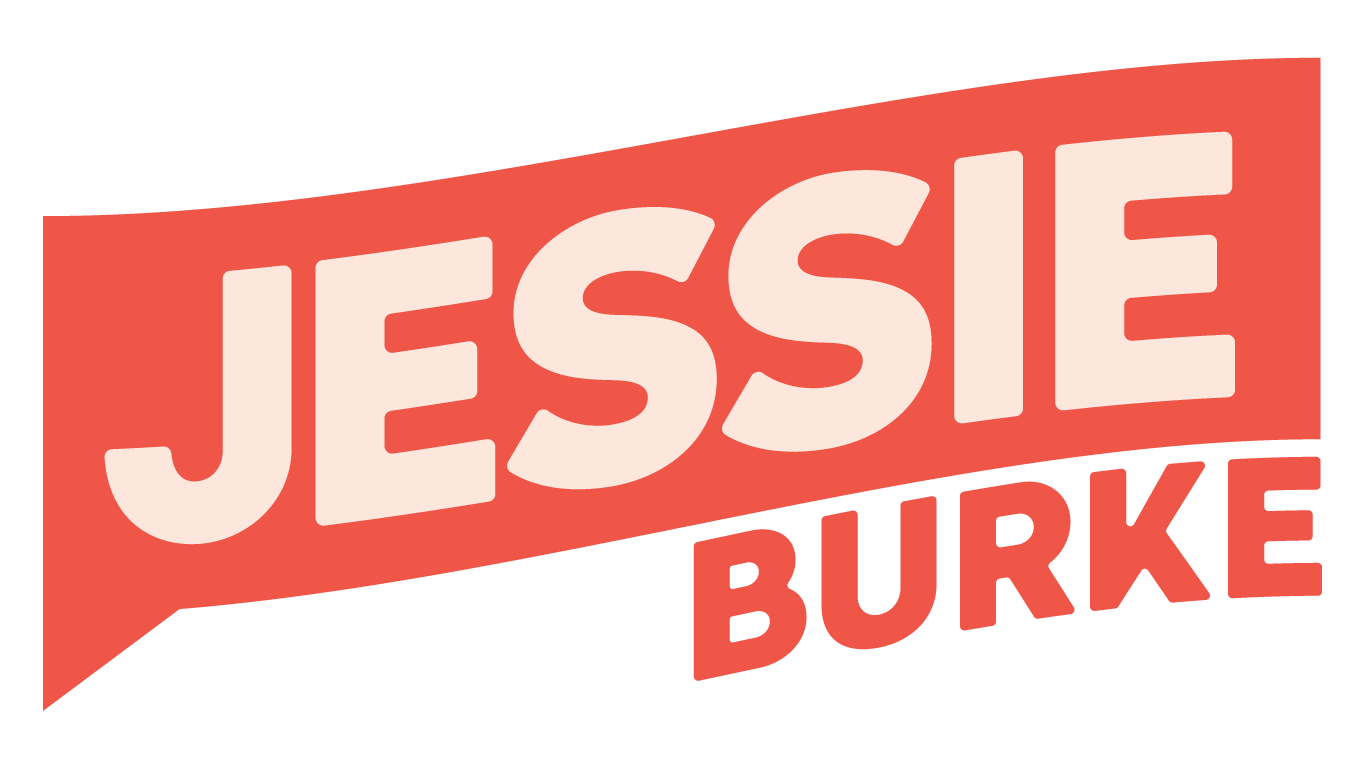
The Impact of Heritage: How My Family Shaped My Journey
My maternal grandfather, Milton Lee Sung, was born in China, and fled with his sisters Rose Lee and Betty Lee (read her story here), taking a boat from mainland China to Seattle, and then a train to their father living in Baltimore, Maryland. My grandfather would go on to study aeronautical engineering at Howard University, and would take his lunches in Chinatown in Washington, DC, where my grandmother was a waitress.
My maternal grandmother had been married before and had one child, a daughter, before she divorced her husband when she discovered he had another family. She met my grandfather, who made it a point to always sit in her section of the restaurant, and while no one approved of an interracial marriage at the time (this was in the late 1940s, and the State vs Loving case would not be passed until the late 1950s), they would go on to marry before interracial marriage was legal nationwide (it was only legal in Washington, D.C.). Only four people attended their wedding.
They would go on to have three children together, Terri (my mother), Carolyn and Reggie, in addition to my grandmother’s first child, Marie. My grandparents would go on to own and operate a laundry on the ground floor of the row house on Pennsylvania Avenue, and lived upstairs with their four children. My grandfather would go on to work as an air traffic controller while my grandmother ran the laundry, and eventually my grandfather became a scientist at NASA where he worked on the Hubble Space Telescope. Because he was Chinese, his boss frequently took credit for his work.
My paternal grandfather, James Burke, can be read about here. Born in New York, he had a nerve pinched at birth, he would never be able to have the use of his right arm. His father built him a stand to hold a trumpet and told him he had to become good at something. He would go on to play at Radio City Music Hall, the Goldman Band, travel the world, record records, and end his career as a conductor in New York City.
My paternal grandmother was a concert pianists who raised five children with my grandfather until their divorce.
My mother was raised mixed race in the early 1950s Washington, D.C., and all of the cruelty and exclusion that came with that. My father grew up mostly alone in Bay Shore, New York with parents off pursuing their own artistic endeavors.
MY PARENTS:
They met in New York City. My mother used to clean houses in Fire Island in the summers, and my father was picking up their mutual friend from the Fire Island Ferry… My mother was with the friend and my father offered to drive her home too.
My parents would go on to move to a small town, Elkins, WV, where they thought they’d try their hand at raising pigs and goats and try to live the simple life. This proved to be more than they signed up for, and eventually my father would go to community college to get his degree as a physicians assistant (before it was a PhD program). He began working at both hospitals in town, and eventually they would have me. We lived in Elkins for two years until all of the hospitals in the coal mining town closed as the industry dried up.
My father went on to look for work in the DC area, and found a job in Baltimore at an emergency clinic. He began community 5 hours a day each way, eventually staying several nights with my aunt Carolyn who lived in Maryland. Over time, the distance became too much, and my mother and I moved in with my dad into my aunt’s basement.
My mother would trade childcare for housing, having my brother, and then my aunt going on to have several children that my mother would care for. When I was 6-years-old, my father would suffer what appeared to be a minor injury at work, that ultimately triggered a nerve disease that slowly paralyzes your body. He was laid off from his job, and because this was before the Americans with Disabilities Act, there was no money to support us. My mother received WIC, but so much of the system they couldn’t understand. To make any sort of money, my mother would go back to cleaning houses, and we would all go with her to help.
Going for Gold
At the age of 8, my father told me I needed to become good at something if I ever hoped to get out of poverty… so they had each of us kids take up a sport. Mine was fencing.
My father and I saw an ad in a library newspaper and took the class together. Around this same time my sister was born with a severe birth defect, only adding insult to injury to my already stressed parents who were desperately struggling to keep their heads above water. Many times we would be at competitions, and something would happen to my sister, and my father would be with my brother and me at the fencing tournament, and my mother would be in the hospital with my sister in whatever random city we were in that day.
Over time I began to excel, and at age 12 I won my first national tournament. I vividly remember watching the senior level fencers at the event and how they reacted when they realized they had qualified for the Olympics. This was in 1992, and my father asked me after I had won what I wanted to do with this. I told him I wanted to go to the 1996 Olympics, and he said, “Ok, kid. We’ve got to take you to Rochester, New York.” So I was sent to upstate New York to train at what would become the women’s national training center. I would go on the serve on the United States national team from 1994-2004, and serving on several world championship teams in between. I would win National Championships at 16-years-old, and become one of the top ranked fencers in the world.
I never did make the Olympic team, but that’s a long story for another day.


Post a comment
You must be logged in to post a comment.